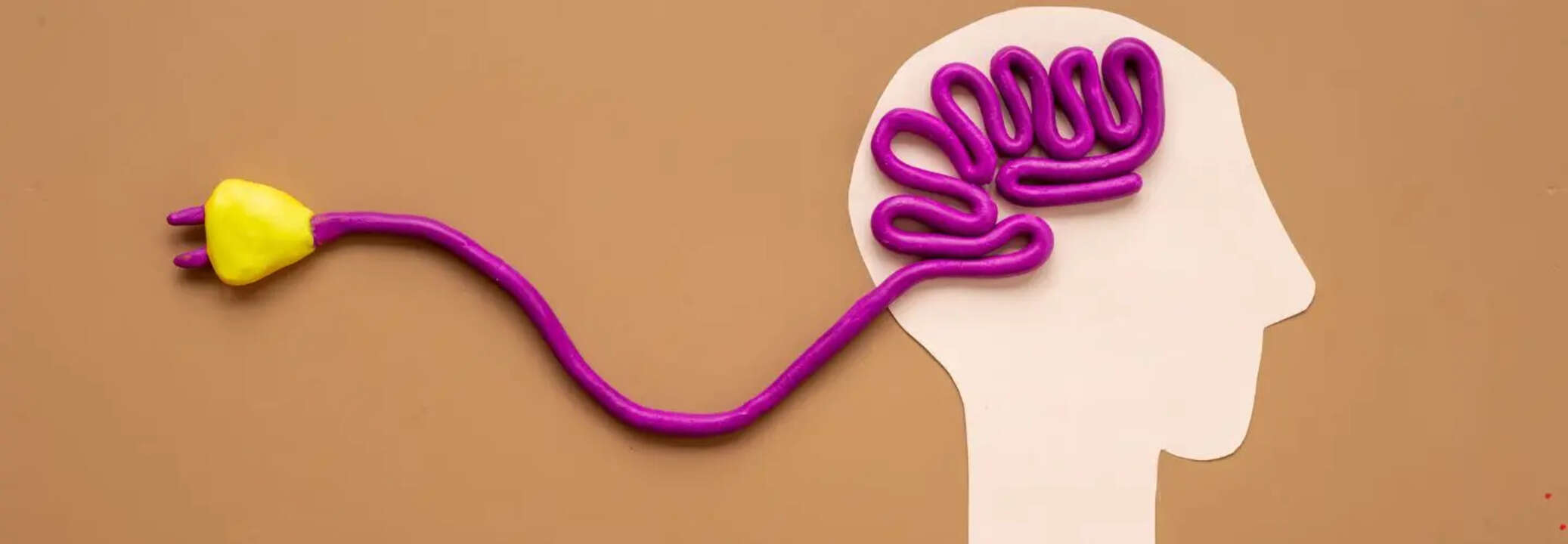6 Best Evidence-Based Supplements for Brain Fog

Brain fog (Credit: Canva)
SummaryBrain fog can significantly impact daily life, but the right nutritional interventions can help improve mental clarity and cognitive function. From consuming Vit D, Magnesium, know how yo reduce it.
End of Article
